SUMMARY
This is AI generated summarization, which may have errors. For context, always refer to the full article.
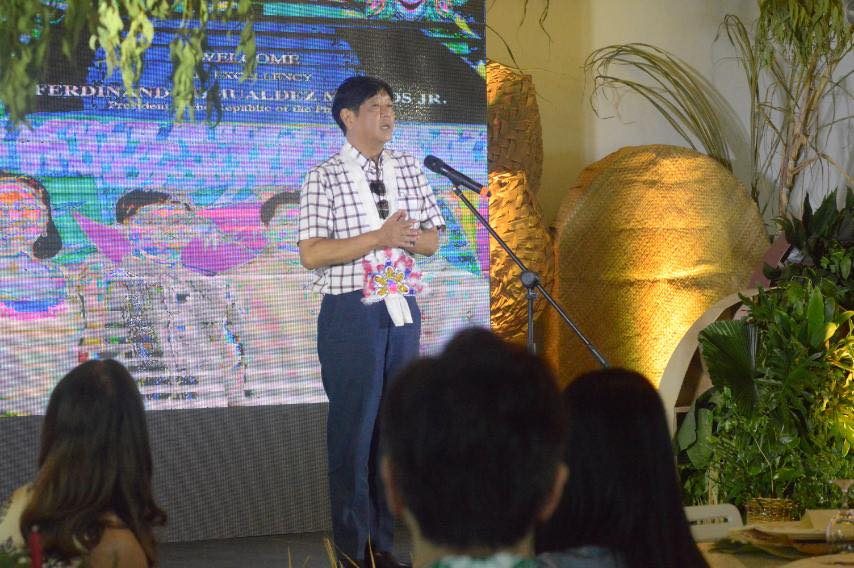
BACOLOD, Philippines – President Ferdinand Marcos Jr. started off his visit to Negros Occidental for the 2022 MassKara Festival by acknowledging the problems faced by the sugar industry, the province’s economic bulwark.
“We have many problems to correct because these have been ignored for several years, and we hope to gradually improve the state of the industry,” Marcos said in Filipino on Sunday, October 23, while attending a distribution of aid in Talisay City, just north of MassKara host Bacolod City.
Marcos, who also holds the agriculture portfolio, did not elaborate on his plans for the P90-billion industry.
But sugar producers already have a list of needs that they hope the President can address soon: rationalization of sugar importation and solving the roots of spiraling production costs.
Newly elected CONFED president Aurelio “Bodie” Valderrama acknowledged that the recent Sugar Regulatory Administration (SRA) importation orders could ease a tight domestic market that has burdened consumers and industrial users with high prices.
Valderrama said the importation of 200,000 metric tons under Sugar Order No. 3, CY 2020-2021, and 150,000 MT through Sugar Order No. 2, CY 2022-2023, should be completed by November 15.
“This, together with the new crop from ongoing milling operations, should suffice for now to meet expected demand during the peak milling months up to early next year,” Valderrama said after a meeting with the organization’s executive committee.
The SRA on Wednesday, October 19, issued a memo extending to October 31 the arrival of the sugar imports under Sugar Order No. 3, signed during the previous Duterte administration. It explained the extension by citing “vessel delays” and “a lack of availability [of] container vans.”
Calibration of imports
The CONFED president and recent SRA Sugar Board member cautioned, however, that the industry needs to assess current production capacity versus projected market demand, and draft a “well-calibrated sugar importation program that will [ensure] stable supply and prices beyond the short term.”
Valderrama pointed out that a temporary restraining order against Sugar Order No. 3, CY 2021-2022, delayed sugar imports and “resulted in foregone production output and lost market opportunities for producers of sugar-sweetened products.”
Some players also exploited the situation and jacked up retail prices to the detriment of consumers, he pointed out.
Uneven import policies can open the gates to smuggling, with the Bureau of Customs recently reporting the seizure of 76 containers of refined sugar.
Customs Commissioner Yogi Filemon Ruiz on Monday, October 17, said the agency seized the shipment from Thailand, valued at P228 million. The consignee failed to present SRA import clearance when the shipment arrived in September, he said.
Earlier smuggling claims, however, were tainted by errors, prompting senators to question whether the infighting of Marcos supporters was harming legitimate traders and producers.
Other sugar producers, who asked not to be named, cited the need to review the SRA claim that some industrial users and international sugar traders had asked to move their refined sugar allocations to others in the import order.
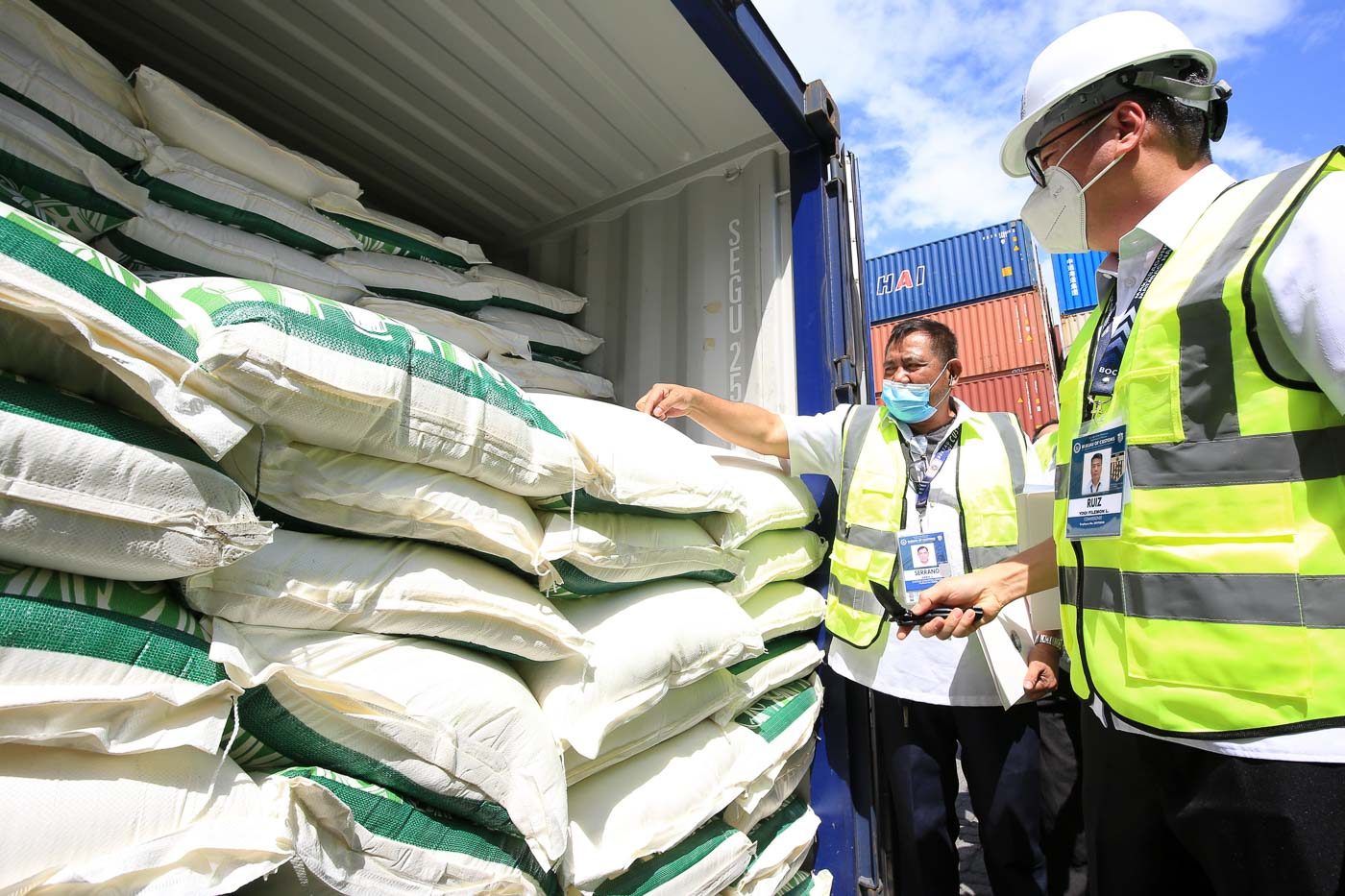
Production costs
Industry leaders and the government must also find ways to lower the cost of production of key inputs, including fuel and fertilizer.
The CONFED praised the President’s plan to import fertilizer under a government-to-government program.
The organization raised the same solution in August 2021 and the year before, as fertilizer costs doubled within a year.
SRA Administrator David John Alba told a Senate hearing last Wednesday that the local production cost, which hovers from P57 to P58 per kilo of refined sugar, is higher than Thai sugar which has a landed cost of only P54.
The budget for research, development, and extension (RD&E) to improve farm productivity and milling efficiency has also steadily dwindled from the P2 billion mandated by the Sugarcane Industry Development Act of 2015 to just P500 million in 2022.
Senator Cynthia Villar said underutilization by the SRA led to RD&E budget cuts.
Alba said small farmer-beneficiaries, who now comprise 85% of sugar producers, need aid to improve their production ratio.
With so many problems, the sugar industry needs close collaboration among public and private stakeholders.
“In order to be more effective as an industry, we need to have a more united voice that will be heard and heeded by government policy makers and legislators and by our own stakeholders,” Valderrama said.
– Rappler.com
Add a comment
How does this make you feel?
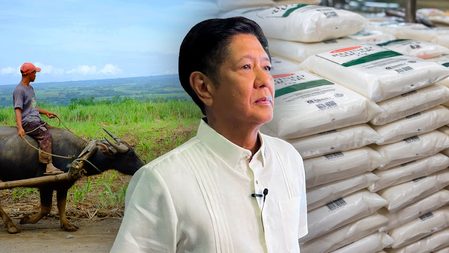

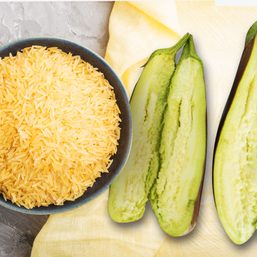

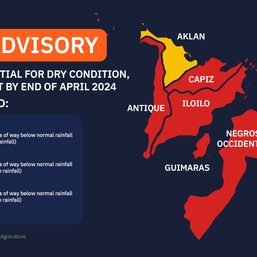
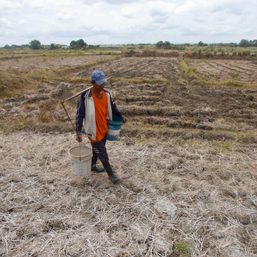
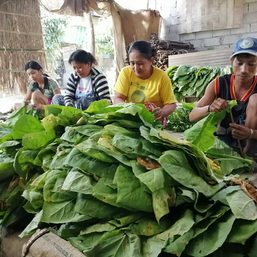
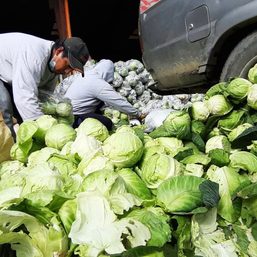
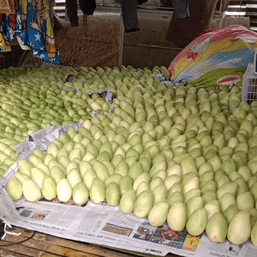
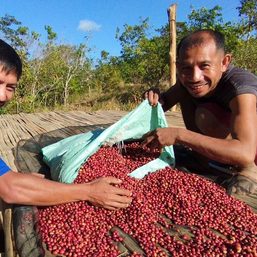
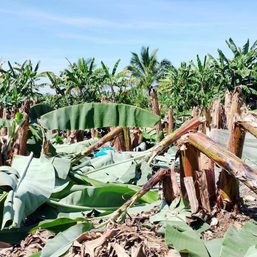
![[In This Economy] Is the Philippines quietly getting richer?](https://www.rappler.com/tachyon/2024/04/20240426-Philippines-quietly-getting-richer.jpg?resize=257%2C257&crop=194px%2C0px%2C720px%2C720px)
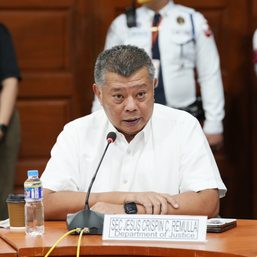
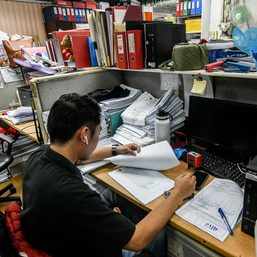
![[OPINION] If it’s Tuesday it must be Belgium – travels make over the Marcos image](https://www.rappler.com/tachyon/2024/04/tl-travel-makeovers-marcos-image.jpg?resize=257%2C257&crop_strategy=attention)

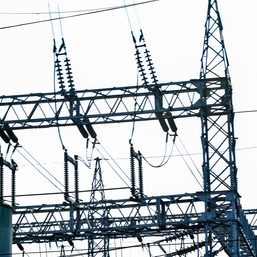
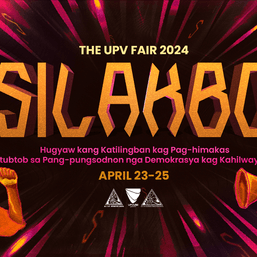

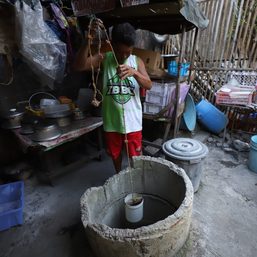
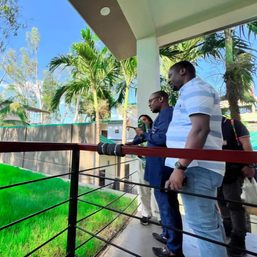
There are no comments yet. Add your comment to start the conversation.